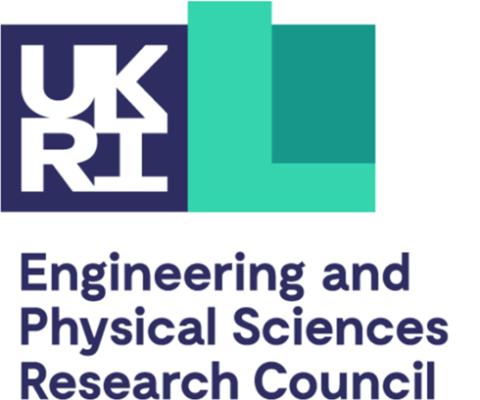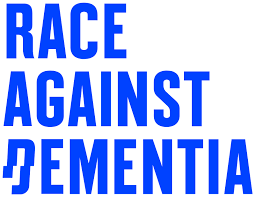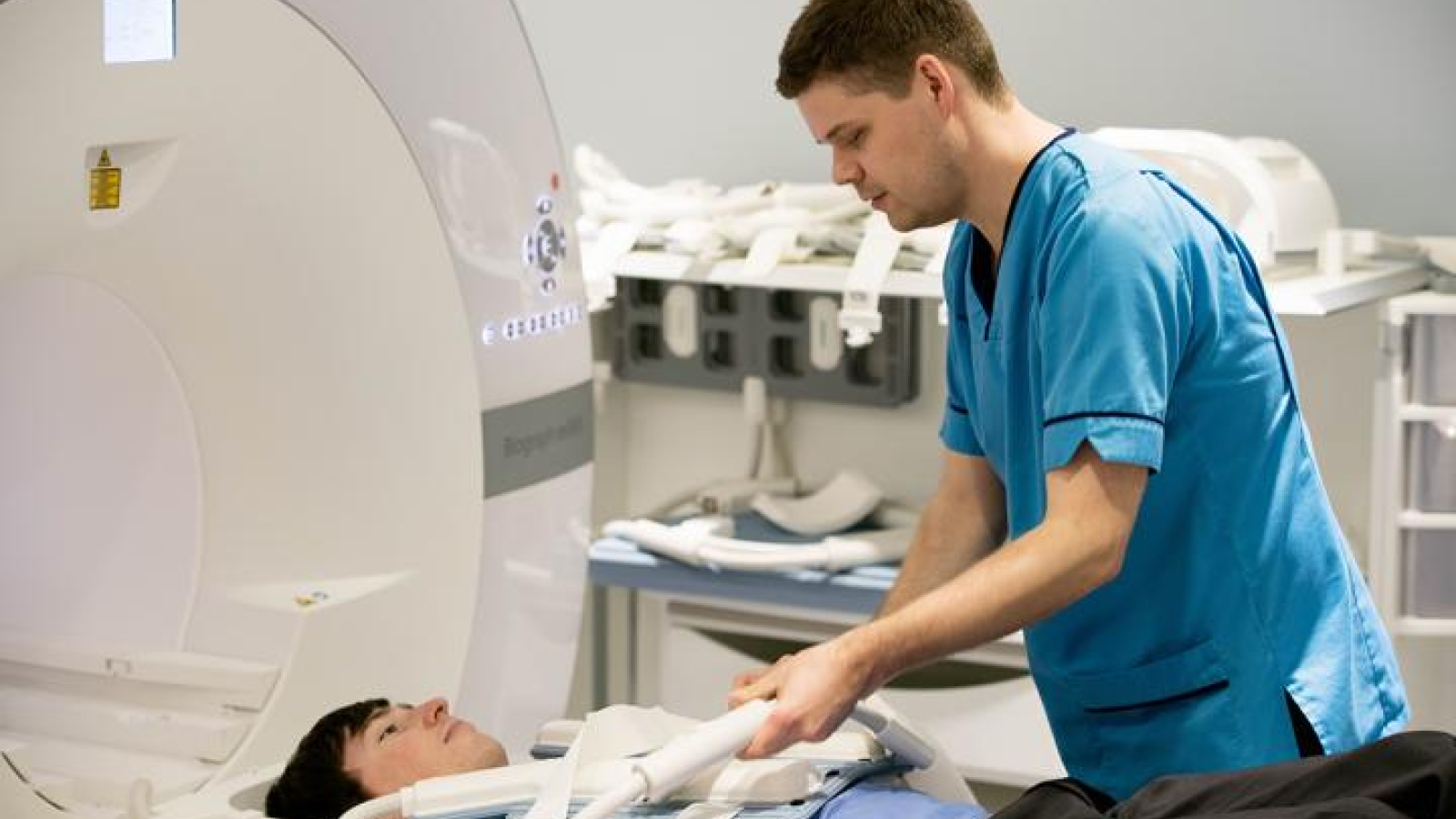Key details
Understanding brain damage from small vessel disease
The brain needs a large, constant and reliable blood supply to provide all the energy, oxygen and removal of waste products. The brain needs at least a fifth of the entire blood circulation and interruption of this blood supply, even briefly, can stop the brain functioning properly causing stroke or blackouts. Chronic low-grade lack of blood supply due to disease in the small brain blood vessels (small vessel disease, SVD) can cause gradual damage that leads to dementia.
The Wardlaw Lab focuses on finding out how small vessel disease damages the brain and what we can do to prevent or treat this damage. With many experts who bring different expertise, the team study people and laboratory models, using brain magnetic resonance imaging, blood tests, physical measures like blood pressure, cognitive and other tests, to work out what is wrong with the blood vessels and how they are damaging the brain. The results have led to the successful LACunar Intervention Trial 2 (LACI-2) and soon-to-start large scale phase 3 LACunar Intervention Trial 3 (LACI-3), the largest trial for vascular cognitive impairment, several related trials, and increasing efforts to find other drugs that might help improve outcomes in people at risk of small vessel disease.
Latest news
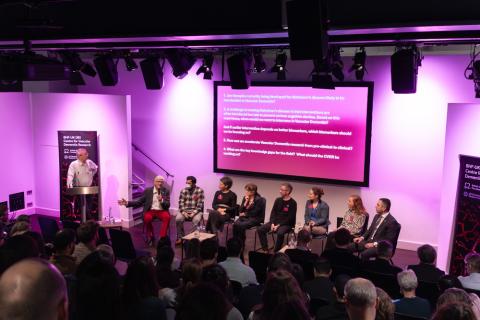

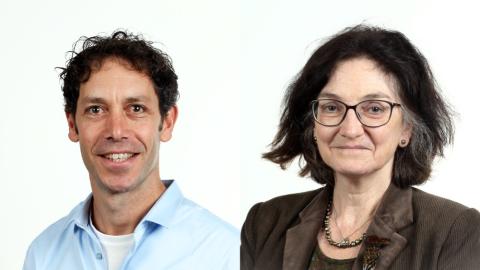
Prof Joanna M Wardlaw
Prof Joanna Wardlaw CBE, MB ChB (Hons), MD, FRCR, FRCP, FMedSci, FRSE is a Group Leader at the UK DRI at Edinburgh. Find out more about her career and expertise on her profile page.
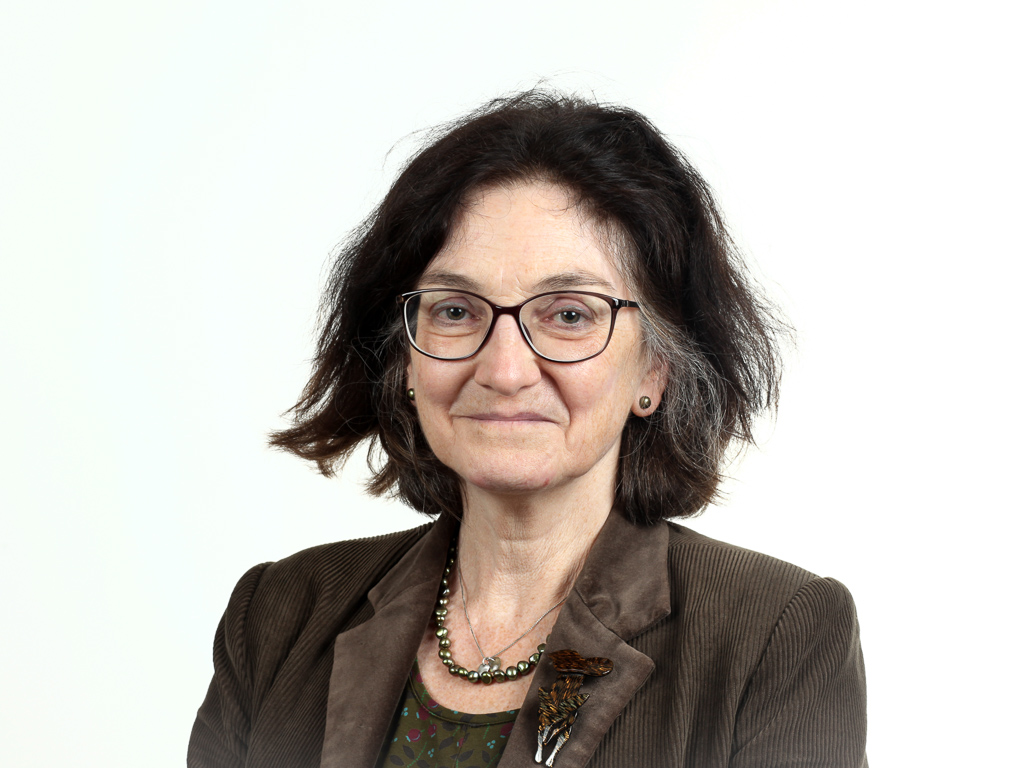
Research summary
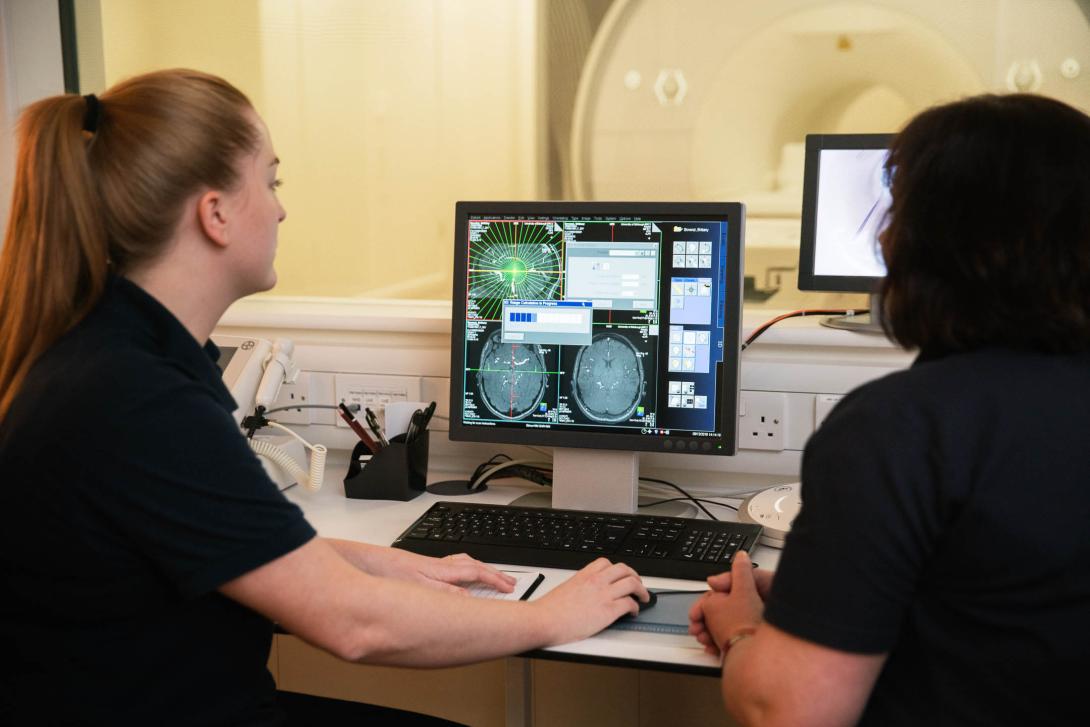
Superintendent Radiographer Charlotte Jardine and colleague examines brain scans on a computer screen. Credit: Edinburgh Imaging Facility
Small vessel diseases and vascular contributions to neurodegeneration and dementia
This programme uniquely combines the expertise of Prof Joanna Wardlaw in clinical and Prof Anna Williams in preclinical research to understand small vessel disease (SVD), a common cause of vascular dementia using complementary and direct translational approaches. Vascular dementias are common, underexplored yet potentially have tractable targets for therapeutics. In clinical work, Joanna's team are capitalising on novel findings of vascular lesion regression and progression, the high rate of SVD progression in some patients despite optimum guideline secondary prevention, identifying symptoms of progessing SVD, types of vascular dysfunction at different stages in disease, and impaired glymphatic function, all of which are important to improve clinical management of SVD.
Preclinically, they are capitalising on novel findings of endothelial dysfunction as the underlying mechanism causing SVD, that occurs without hypertension in our rodent preclinical model of sporadic SVD. Together, these emerging findings demonstrate that the brain damage caused by SVD is not simply ‘ischaemic’ due to ‘small vessel occlusion’ or atherosclerosis, or caused by hypertension, as widely assumed. It moves the interventional focus from therapies to stop occlusion and ‘ischaemia’ (which have very limited effects), towards novel therapeutic strategies directed at EC dysfunction or its downstream effects, not being tested in the phase 3 trial, LACunar Intervention Trial-3 (LACI-3). This is hugely important, since stopping vascular causes of brain damage would reduce a major proportion of dementias and help understand the vascular dysfunction in AD. Underpinning all of this has been, and will continue to be, substantial and ongoing innovation in: a) MRI image acquisition, with faster, more robust examinations, that are more reproducible and tolerable for patients, and translate to rodent models; b) computational image analysis for better detection of SVD and neurodegeneration markers; and c) in methods to curate, store, manipulate, archive and make open access, large scale imaging datasets (data science).
Key publications
Vacancies
Group members
- Prof Anna Williams (Co-Investigator)
- Dr Fergus Doubal (Clinical Consultant)
- Dr Gayle Barclay (Staff Scientist)
- Dr Francesca Chappell (Staff Scientist)
- Charlotte Jardine (Staff Scientist)
- Dr Dominic Job (Staff Scientist)
- Dr Michael Thrippleton (Staff Scientist)
- Dr Yu-Yuan Xu (Neurologist)
- Dr Iona Hamilton (Research Radiographer)
- Dr Maria Valdes-Hernandez (Academic)
- Allan Macraild (Research Nurse)
- Charlene Hamid (Research Assistant)
- Dr Carmen Arteaga (Postdoctoral Researcher)
- Dr Ellen Backhouse (Postdoctoral Researcher)
- Dr Una Clancy (Postdoctoral Researcher)
- Dr Roberto Duarte Coello (Postdoctoral Researcher)
- Dr Karen Ferguson (Postdoctoral Researcher)
- Dr Ylenia Giarratano (Postdoctoral Researcher)
- Dr Susana Muñoz Maniega (Postdoctoral Researcher)
- Dr Eleni Sakka (Postdoctoral Researcher)
- Dr Fraser Sneden (Postdoctoral Researcher
- Dr Michael Stringer (Postdoctoral Researcher)
- Dr Stewart Wiseman (Postdoctoral Researcher)
- Dr Jenny Waymont (Postdoctoral Researcher)
- Dr Dani Ruiz Gabarre (Postdoctoral Researcher)
- Dr John McFadden (Postdoctoral Researcher)
- Dr Garyfallia Gouna (Postdoctoral Researcher)
- Dr Dorian Gouzou (Postdoctoral Researcher)
- Dr Tim Wilkinson (Clinical Research Fellow)
- Dr Yulu Shi (Clinical Research Fellow)
- Dr Yajun Cheng (Visiting Fellow)
- Dr Junfang Zhang (Visiting Fellow)
- Dr Rosalind Brown (Project Officer)
- David Perry (Technician)
- Agniete Kampaite (Technician)
- Angela Jochems (PhD Student)
- Ronja Kremer (PhD Student)
- Beth Whittington (PhD Student)
- Sam Gibbon (PhD Student)
- Dmytro Pavlenko (PhD Student)
- Angelina Kancheva (PhD Student)
- Ben Philps (PhD Student)
- Emilie Sleight (PhD Student)
- Rebecca Robertson (PhD Student)
- Keelin Ridge (PhD Student)
- Grant Kirkwood (PhD Student)
- Daria Gramenitskaya (PhD Student)
- Maija Pyykkonen (PhD Student)
- Anna Visser (PA)
- Gillian Joyce (Scientific Communications Officer)
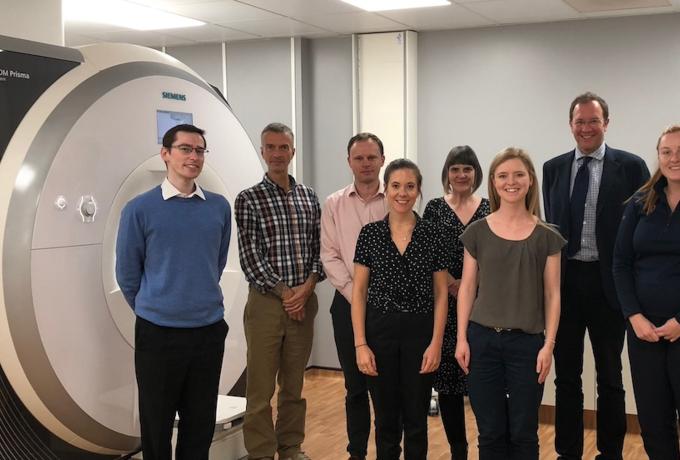
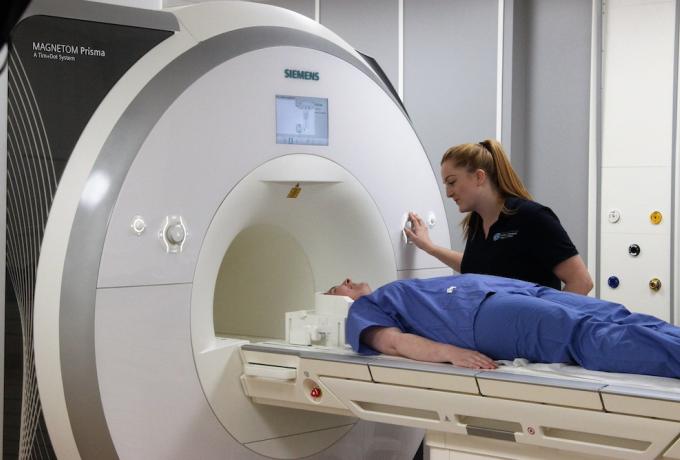
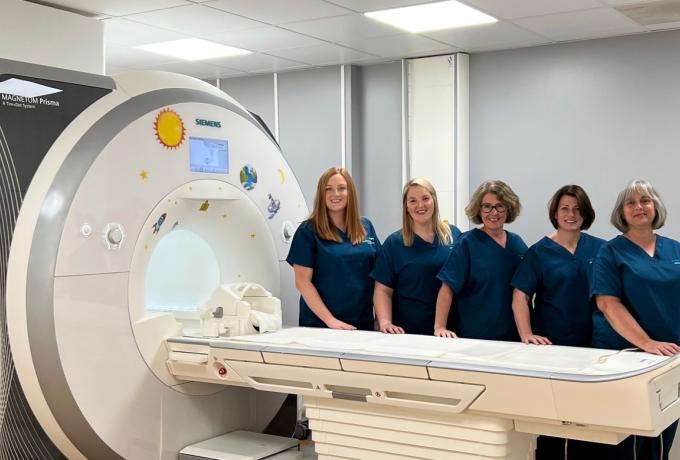
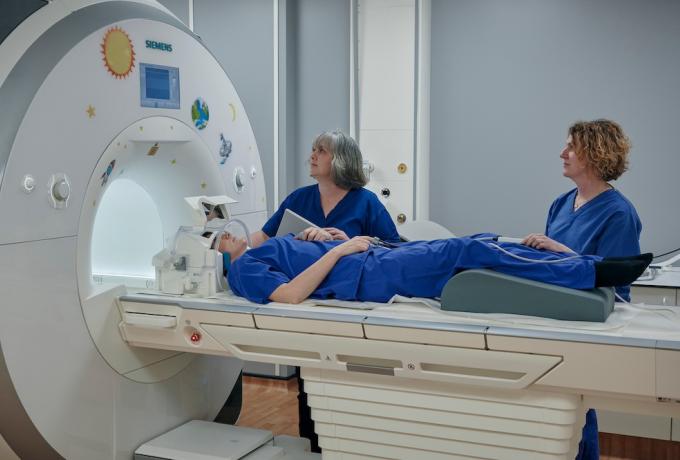
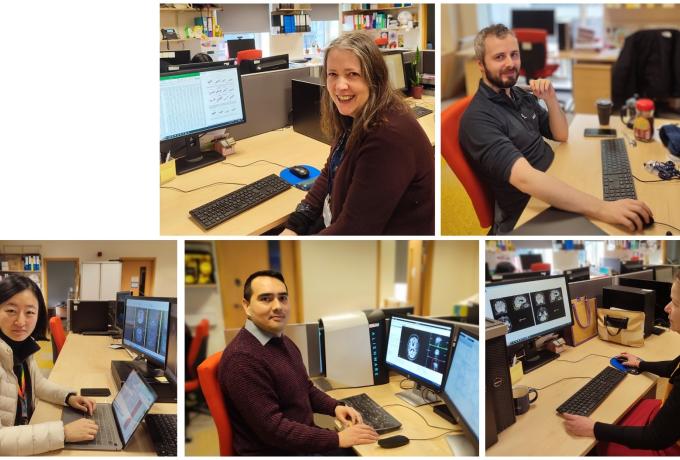
Collaborators
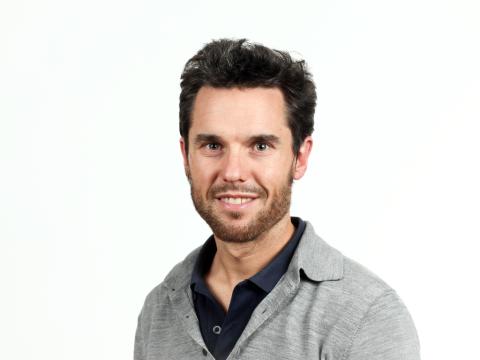

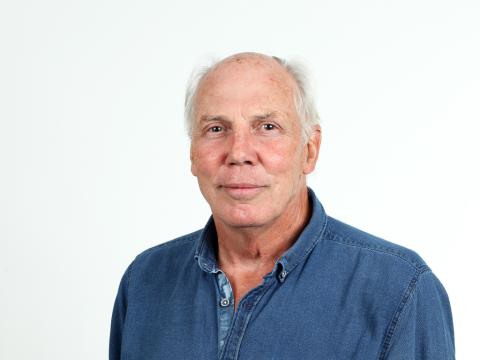

Lab funders
Thank you to all those who support the Wardlaw Lab!






